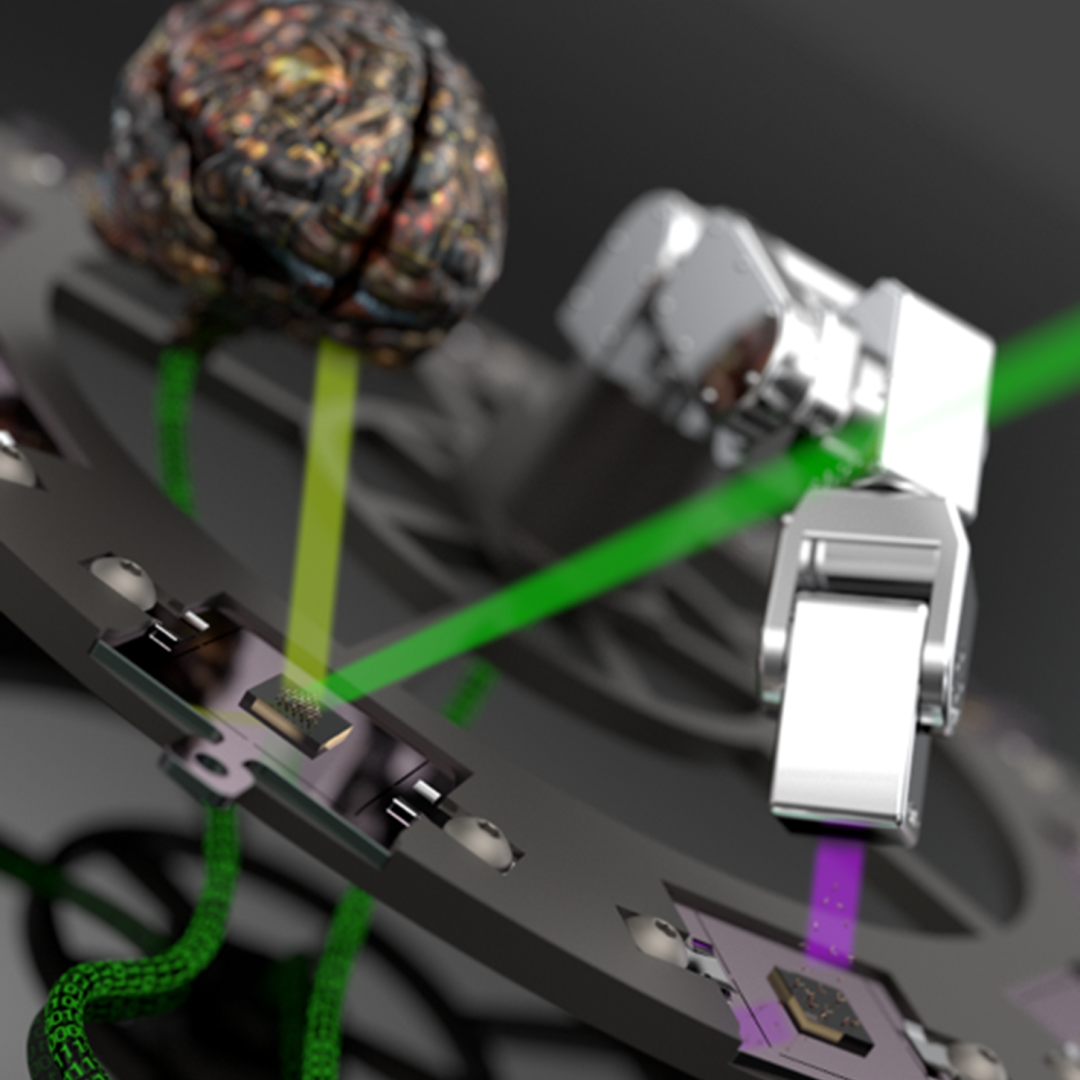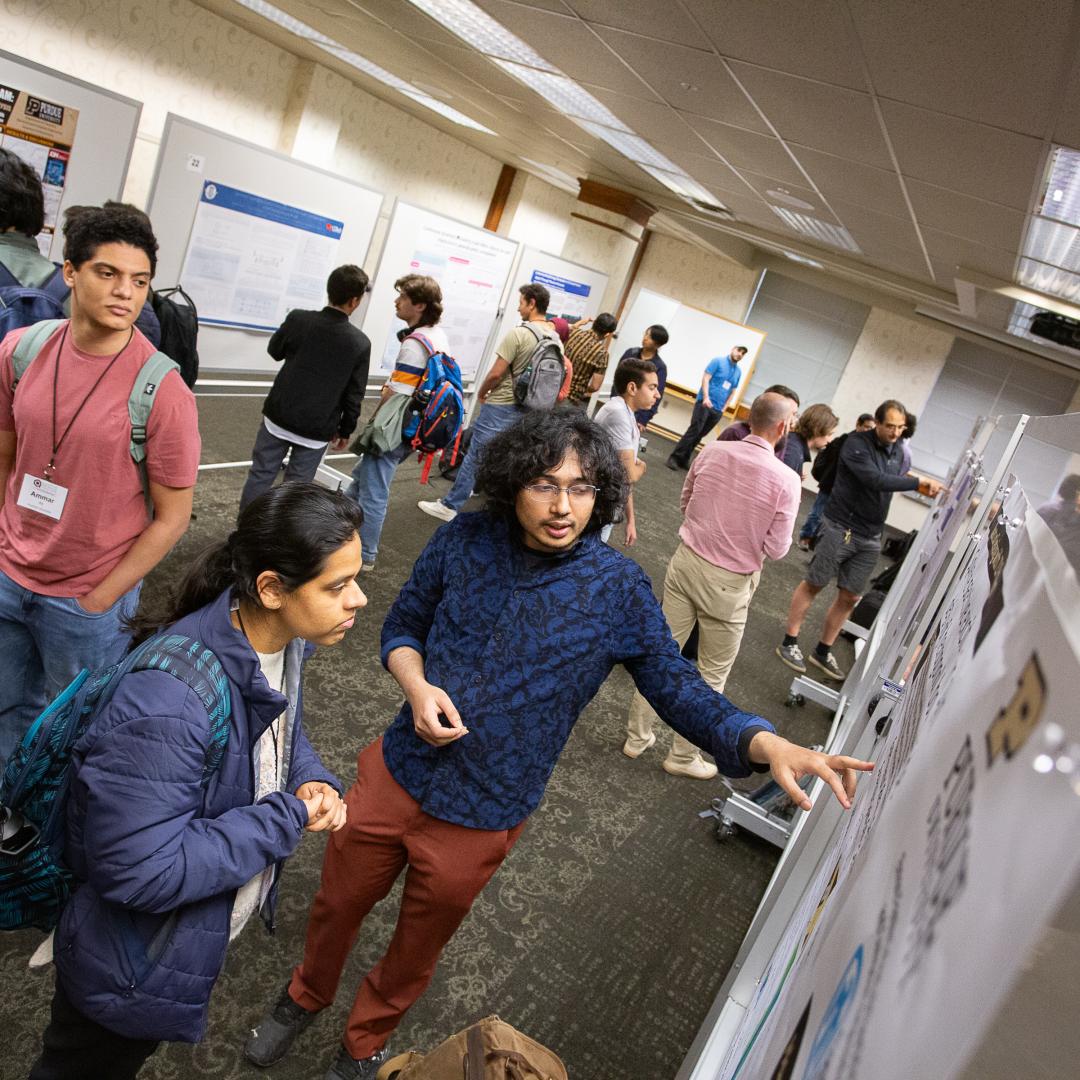Filter News
Area of Research
News Type
News Topics
- (-) Cybersecurity (20)
- (-) Transportation (59)
- 3-D Printing/Advanced Manufacturing (75)
- Advanced Reactors (23)
- Artificial Intelligence (42)
- Big Data (23)
- Bioenergy (39)
- Biology (39)
- Biomedical (28)
- Biotechnology (10)
- Buildings (31)
- Chemical Sciences (37)
- Clean Water (14)
- Climate Change (43)
- Composites (18)
- Computer Science (96)
- Coronavirus (28)
- Critical Materials (23)
- Decarbonization (26)
- Education (3)
- Element Discovery (1)
- Energy Storage (72)
- Environment (79)
- Exascale Computing (10)
- Fossil Energy (1)
- Frontier (15)
- Fusion (23)
- Grid (35)
- High-Performance Computing (37)
- Hydropower (6)
- Irradiation (2)
- Isotopes (22)
- ITER (5)
- Machine Learning (23)
- Materials (94)
- Materials Science (83)
- Mathematics (1)
- Mercury (5)
- Microscopy (27)
- Molten Salt (7)
- Nanotechnology (38)
- National Security (21)
- Net Zero (4)
- Neutron Science (76)
- Nuclear Energy (43)
- Partnerships (27)
- Physics (28)
- Polymers (21)
- Quantum Computing (13)
- Quantum Science (36)
- Renewable Energy (1)
- Security (12)
- Simulation (14)
- Space Exploration (13)
- Statistics (3)
- Summit (26)
- Sustainable Energy (75)
- Transformational Challenge Reactor (4)
Media Contacts
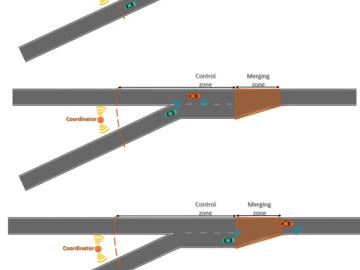
Self-driving cars promise to keep traffic moving smoothly and reduce fuel usage, but proving those advantages has been a challenge with so few connected and automated vehicles, or CAVs, currently on the road.
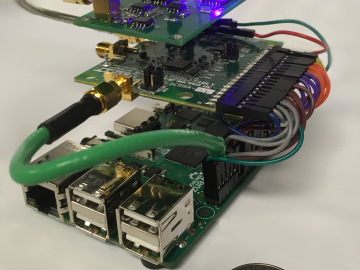
Qrypt, Inc., has exclusively licensed a novel cyber security technology from the Department of Energy’s Oak Ridge National Laboratory, promising a stronger defense against cyberattacks including those posed by quantum computing.
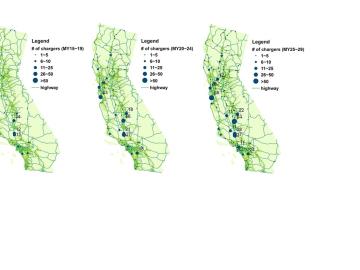
Officials responsible for anticipating the demand for electric vehicle charging stations could get help through a sophisticated new method developed at Oak Ridge National Laboratory. The method considers electric vehicle volume and the random timing of vehicles arriving at cha...
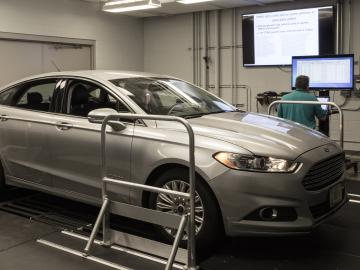
A new Oak Ridge National Laboratory-developed method promises to protect connected and autonomous vehicles from possible network intrusion. Researchers built a prototype plug-in device designed to alert drivers of vehicle cyberattacks. The prototype is coded to learn regular timing...
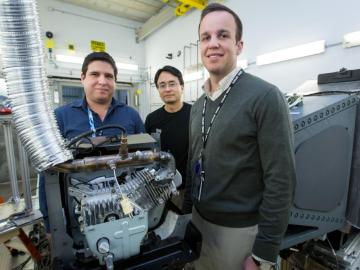
Researchers used neutrons to probe a running engine at ORNL’s Spallation Neutron Source
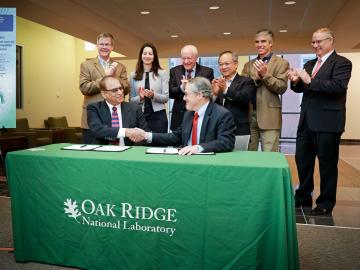
Virginia-based Lenvio Inc. has exclusively licensed a cyber security technology from the Department of Energy’s Oak Ridge National Laboratory that can quickly detect malicious behavior in software not previously identified as a threat.


